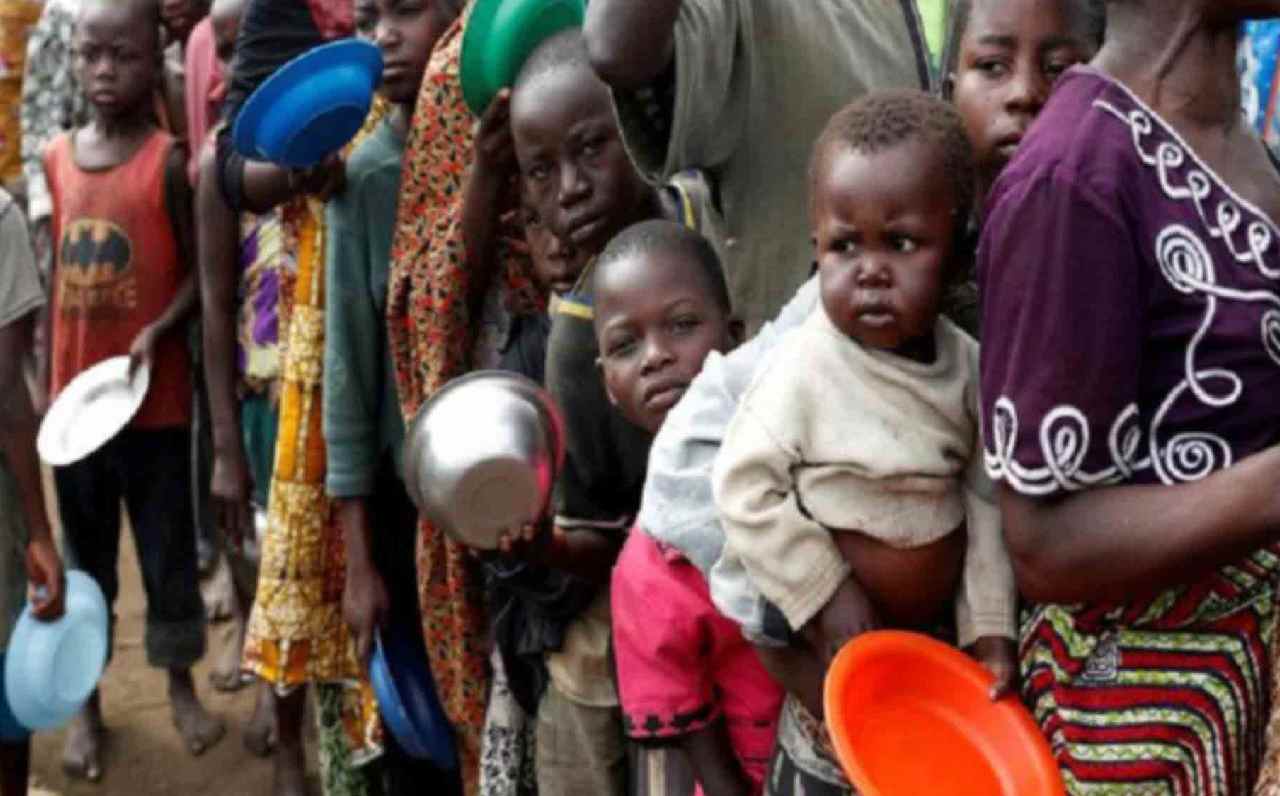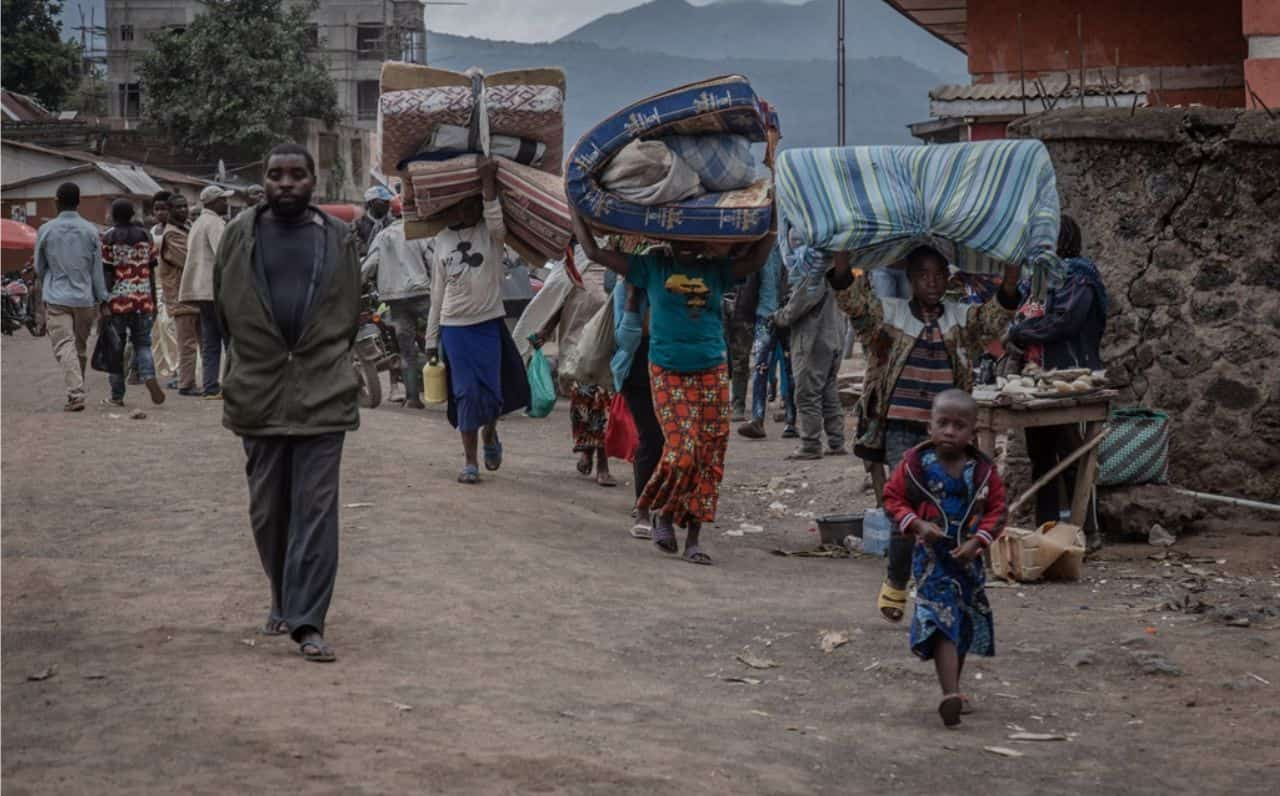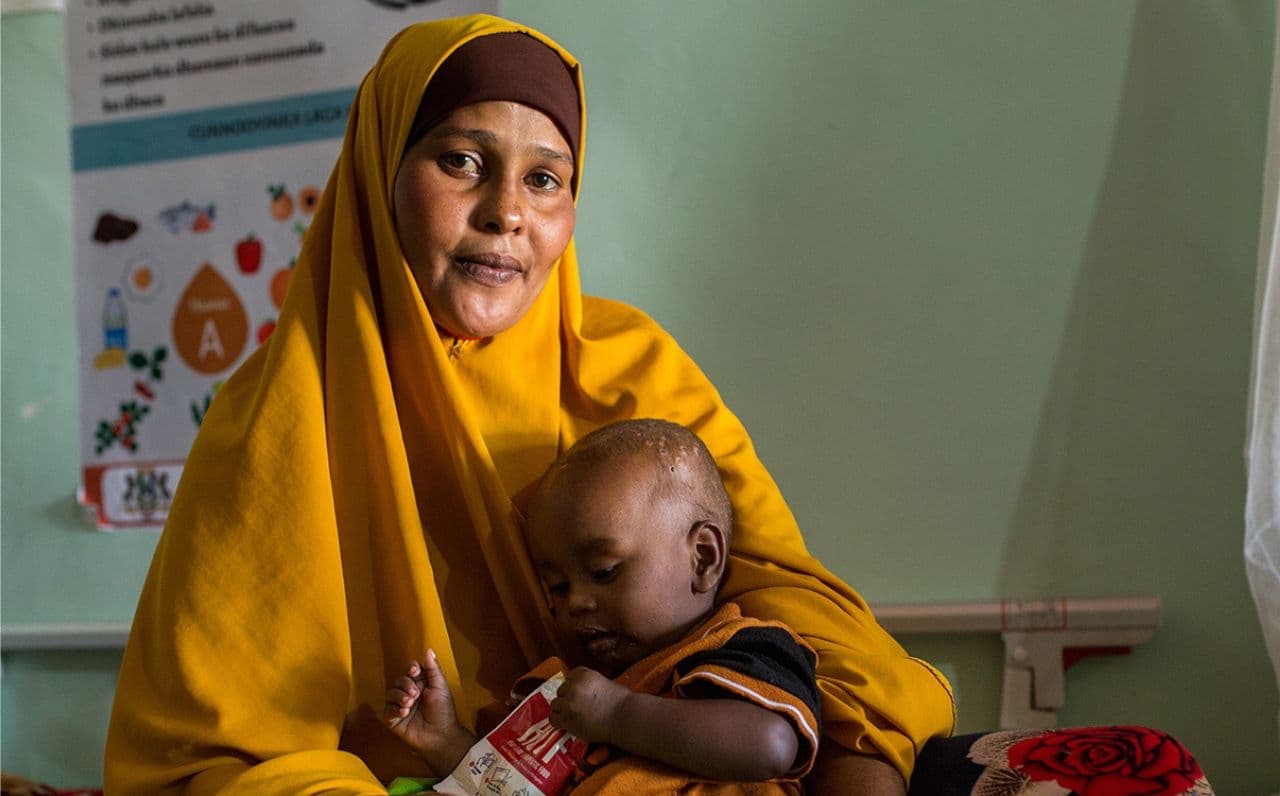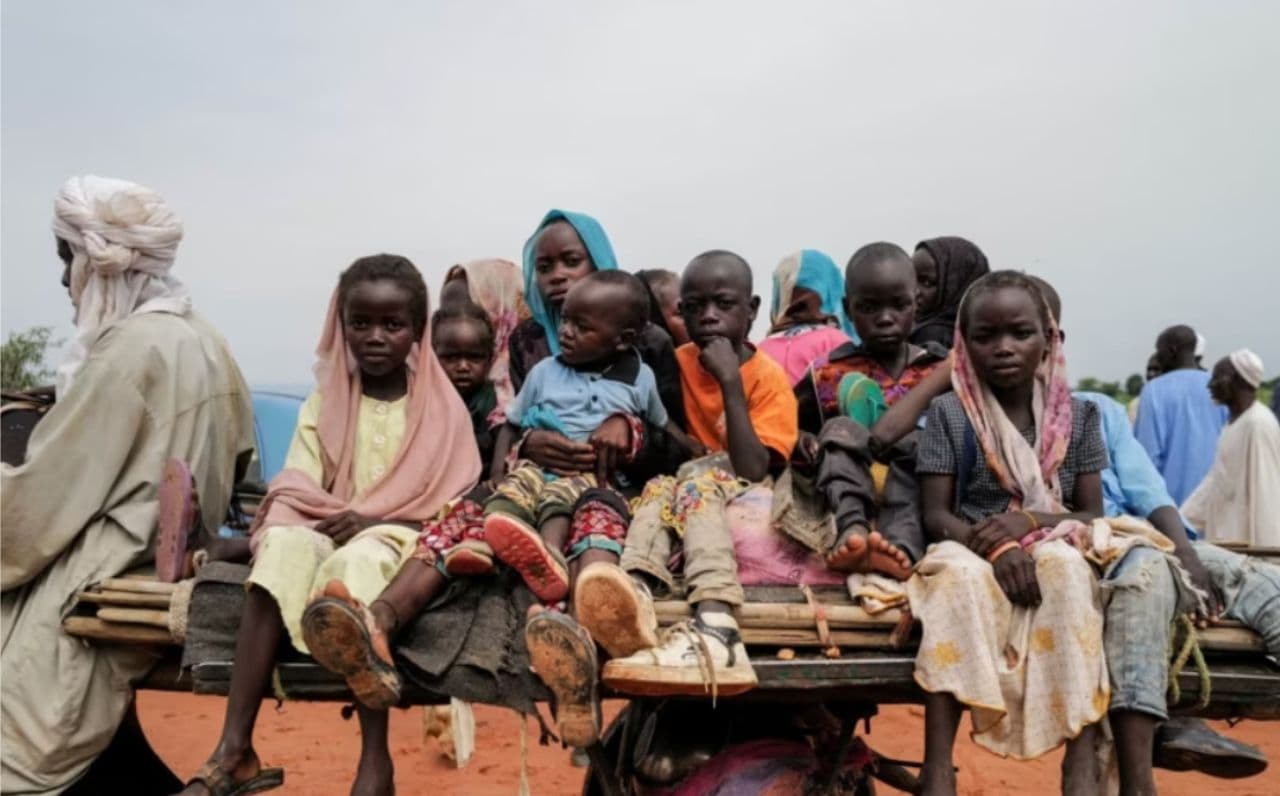Food insecurity

Food insecurity threatens most indigenous peoples in Zambia.
According to IPC Acute Food Insecurity analysis issued in September 2021 and covering the period from July to September 2021, about 1.18 million people in Zambia were facing high levels of acute food insecurity, classified in Crisis (IPC Phase 3) with 77,938 people being most affected in Luapula, Lusaka and Western provinces.
According to the same analysis, the projected period starting from October 2021 to March 2022, coincides with the lean season when the country’s food security situation is expected to deteriorate, with around 1.58 million people (13% of the analysed population) classified in Crisis (IPC Phase 3). The most affected provinces are Luapula, Lusaka, North-Western, Northern, Southern and Western as seen above, with 296,438 people as highlighted in the table on the right, indicating a steep rise in the number of people affected by the ongoing food insecurity, which may worsen in the coming months if nothing is done.
As such, the food insecure population requires urgent humanitarian assistance to reduce food gaps, protect and restore livelihoods and prevent acute malnutrition.
Vulnerability in Zambia is characterized by a high incidence of poverty and exposure to several types of shocks mainly arising from hydro-meteorological hazards and their cascading effects, in addition to epidemics and periodic incidences of macroeconomic instability. For this specific analysis, the key drivers for food insecurity are: 1) flooding experienced between December 2020 and February 2021, 2) outbreaks of pests such as the African Migratory Locusts and Fall Armyworm (FAW) and 3) high maize prices. Though the prices of maize have been on a decline since the start of the 2021/2022 consumption year, they remain above the five-year average.
In the projected period (October 2021 and March 2022), which coincides with the lean season, Zambia food security situation is expected to deteriorate slightly as more households rely on the food market, with prices expected to remain higher than the five-year average. According to the Zambia Meteorological Department of the Ministry of Transport and Communications, the 2021/2022 rainfall season, which coincides with the projected period, is forecasted to be normal to above normal in North-western, Western, Southern, Copperbelt, Lusaka, Eastern and Luapula Provinces from November 2021 to January 2022. Flooding is thus likely to occur, especially in flood-prone areas, thereby affecting most households in those areas. At least 20 percent of households have significant food consumption gaps or are marginally able to meet minimum food needs only with irreversible coping strategies such as liquidating livelihood assets. Hence, it is expected that poor households will rely more on labour opportunities for food and income.
Source & credit: IFRC
Africa

2021 Nov 17
Middle east

2024 Dec 10
Africa

2024 May 10
Threats against Christians in Australia increase
International, Americas

2024 Apr 16
Increasing Arrests and Faceless Victims Revealed in Latest Findings.
Middle east

2024 Feb 23
SimilarNews
 Congo-Rwanda Border Tensions Surge: Conflict Fears Mount
Congo-Rwanda Border Tensions Surge: Conflict Fears Mount Escalating Hostilities Prompt International Concern
Africa

2024 Feb 20



